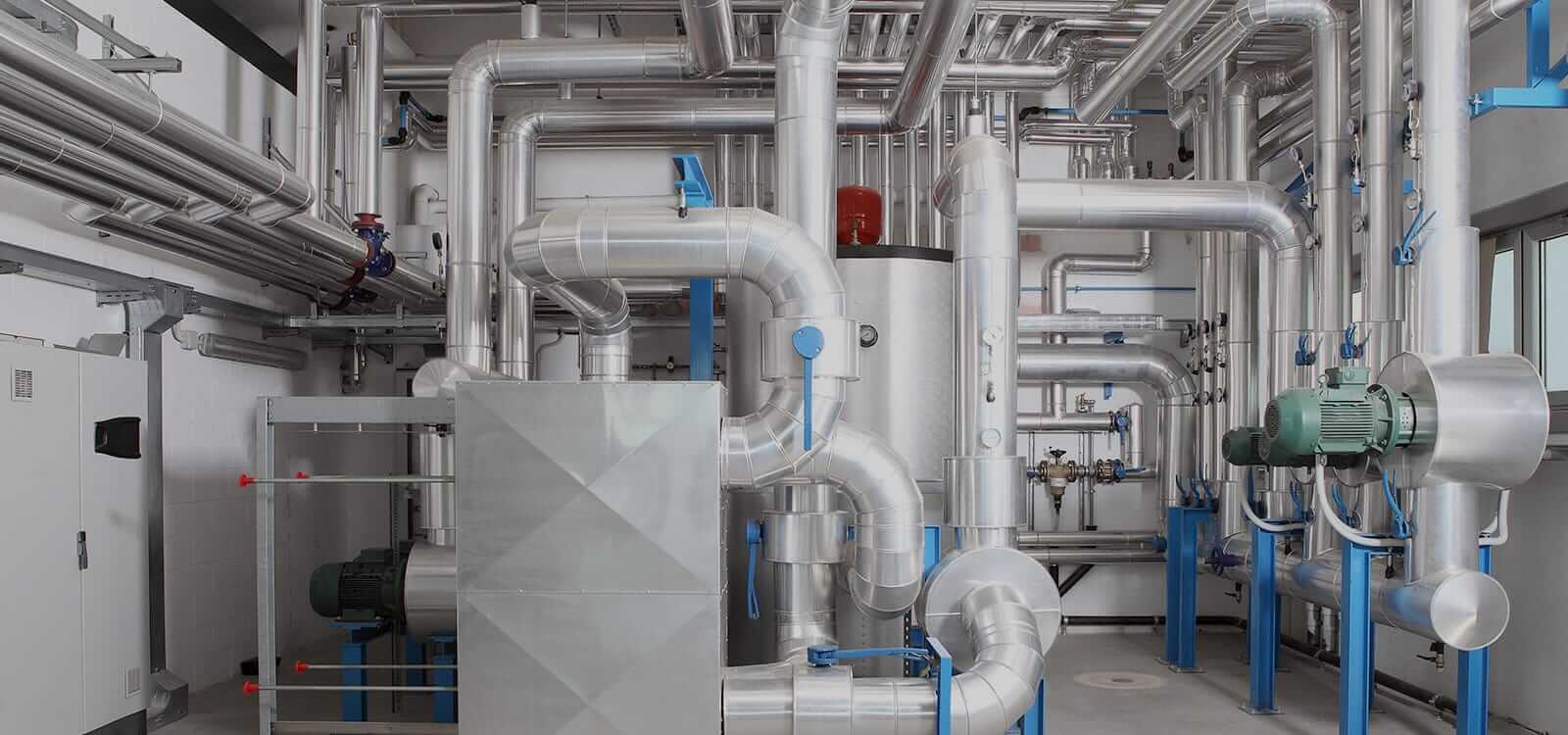Getting a new cooling and heating system for your home or business is no small investment. You’ll need to take into account the efficiency ratings, the size of the system, as well as determine which HVAC type will fit your budget.
Whether you are buying your first HVAC system or want to replace your existing unit, it is essential that you take your time to research the available options. Here are five aspects you should consider when buying a HVAC system, as listed by HVAC professionals at Gustave A. Larson. Read on.
1. Efficiency ratings
HVAC systems can take up as much as around half of your home’s energy consumption. This is why it is crucial to consider the energy efficiency of the HVAC system you want to buy before making the decision. The higher the efficiency rating, the less energy your new system will use when heating or cooling your home. This will not only enable you to reap significant savings, but it will also help protect the environment.
Different types of HVAC systems use different efficiency ratings. For instance, furnaces rely on Annual Fuel Utilization Efficiency (AFUE) ratings, while air conditioners use Seasonal Energy Efficiency Ratio (SEER) to determine the energy efficiency.
2. Size
Sizing is a crucial aspect of any HVAC installation. This is because an undersized or oversized HVAC system can present a whole host of issues that may cost you quite a bit of money. For instance, if you go overboard with your HVAC capacity, your new system will consume more energy than necessary to generate conditioned air for less space.
To little capacity, on the other hand, means that your HVAC system may not be able to properly heat or cool down your home or business. It may also be more prone to wear and tear as it will have to run constantly to try and keep up.
3. Noise levels
Modern HVAC systems are designed for near-quiet performance. Still, not all heating and cooling systems are made equal, meaning that you should check the noise levels of your HVAC system before making the decision. Noise levels of HVAC systems are measured in decibels (db). In general, systems with noise levels under 60 db are considered to be sufficiently quiet.
4. Maintenance & IAQ
Proper maintenance is essential for ensuring optimal operation of your HVAC system. However, different heating and cooling units have different maintenance requirements, so make sure to consult HVAC professionals before purchase.
Indoor air quality is another important aspect to consider, especially if you have young or elderly family members. There are various IAQ solutions you can choose from, including air purification systems, ventilation products, and humidification control.
5. Cost
While you may be inclined to go with the cheapest option for your new HVAC system, cheaper doesn’t mean better, especially when it comes to heating and cooling. This is because a low-price system will most likely have a lower efficiency rating as well as a greater chance of breaking down and requiring expensive repairs.
Of course, this doesn’t mean that you have to purchase the most expensive system on the market, but make sure that the model you choose both fits your budget and meets your cooling and heating needs.

